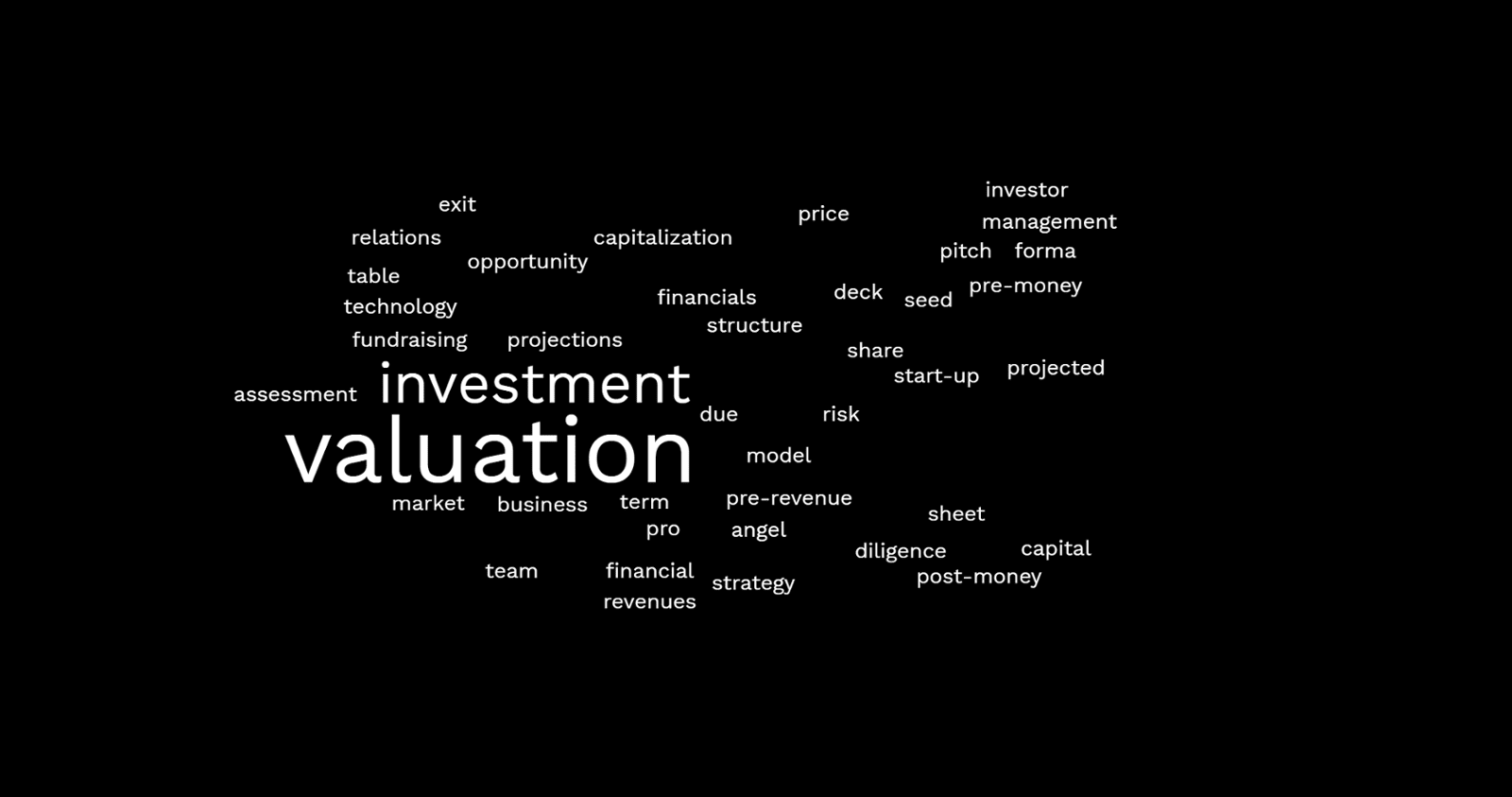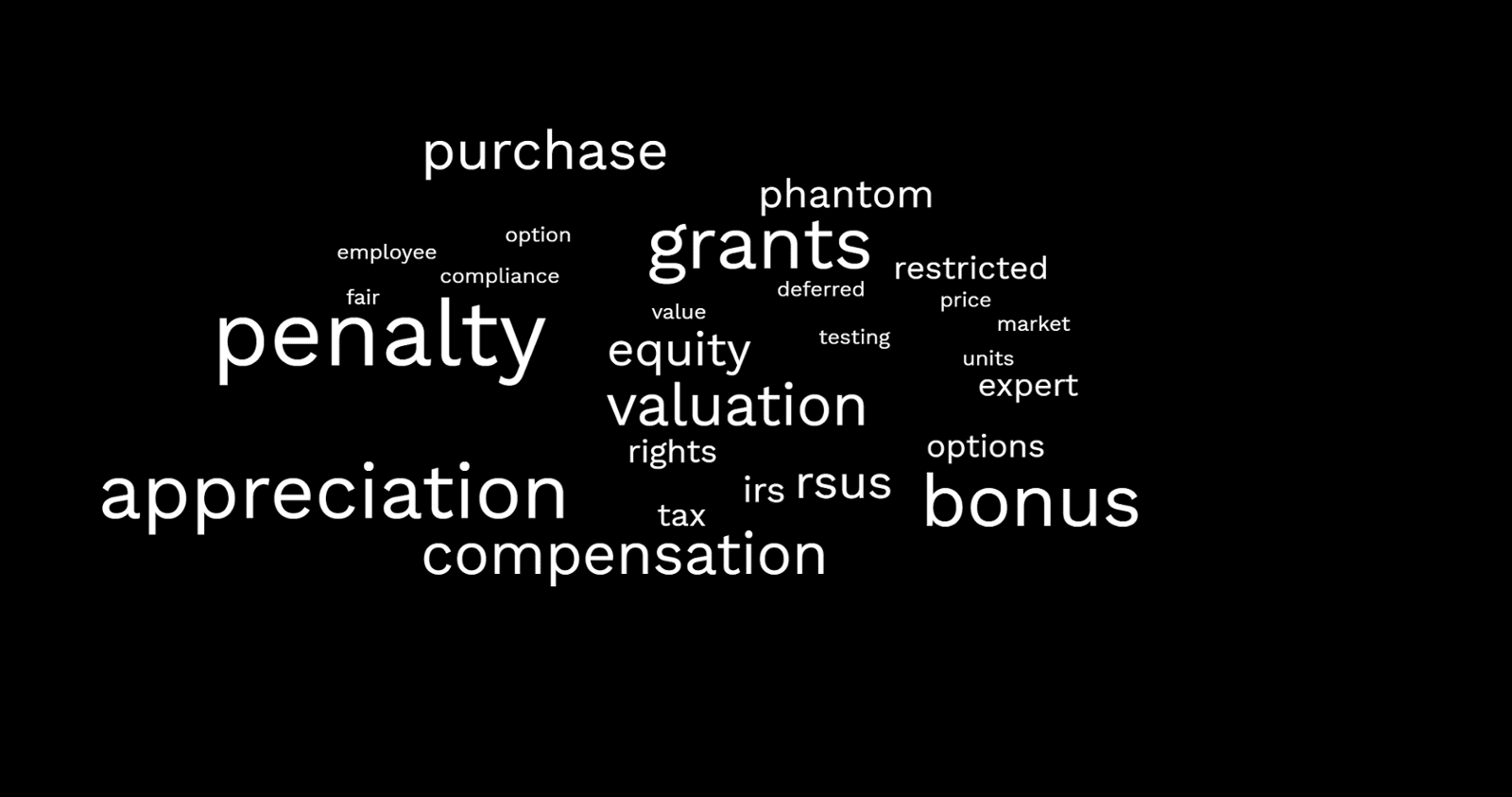Solutions For Start-Ups
We offer business valuations for pre-revenue start-ups. Even if your company is not revenue positive it has value. We teach you how to leverage your valuation to reduce borrowing costs and increase the performance of your fund raising efforts.
Engaging us in the start-up or pre-round stages will reveal to you what makes your company most valuable to investors. We teach you how to leverage that knowledge to guide your tipping point decisions as your company grows.
Maintain your reputation as a good investment for future investors by meeting compliance requirements in early stage rounds like crowdfunding.
Pre-revenue valuations for a start-up are used to estimate the value of the company before it has generated any revenue. The valuation is used to determine the price at which investors will purchase shares in the company, and it can also be used to negotiate the terms of the investment.
Got IRS Compliance?
Get compliant before issuing shares in your company. The IRS requires a valuation be performed prior to issuing equity in a company in order to comply with IRC 409(a).
We offer contingency based capital finder services. Leverage our network of investor and lender contacts developed over twenty years of executive experience in the financial services industry.
Crowd Funding Compliance Services
In order to participate in crowd funding the United States Securities and Exchange Commission ("SEC") requires you to file several forms.*
We provide turn key services to help you meet SEC requirements and reduce the time required to raise capital through crowdfunding.
Crowdfunding is a critical part of your fundraising track record and significantly impacts the way future investors will judge your company. Our services include a document highlighting the best parts of your crowdfunding journey that you can use with future prospective investors.
*The SEC describes a crowd funding site as a "funding portal". When you list your company on a portal you are listing the shares of your company for sale to the public.
Portal Matching
We match your company with the right crowdfunding site aligned with your goals.
SEC Filing
We gather the necessary data and file the SEC forms for you.
Success Monitoring
We help you monitor the success of your crowd funding campaign.
Journey Presentation
We create a crowdfunding journey presentation to use with future potential investors.
Pre-Revenue Valuations
A pre-revenue valuation for a start-up business is used to estimate the value of the company before it has generated any revenue. This valuation requires a skilled professional valuation expert who integrates data from companies similar in size to the company being valued. Traditional online tools and the tools available to most business brokers integrate public company data which can skew the results of the valuation in a negative direction. This type of valuation is typically used in fundraising rounds, such as seed or angel investments, where investors are betting on the potential future revenue of the company. It takes into account factors such as the company's technology, market opportunity, management team, and other factors that may influence the company's future revenue potential. The valuation is used to determine the price at which investors will purchase shares in the company, and it can also be used to negotiate the terms of the investment.
The best time to obtain a pre-revenue valuation is before you have a need to raise capital through a loan or by issuing equity.
Valuations For 409(a) Compliance
Before you use equity to raise capital a company must perform a valuation to meet the requirements of IRS Code 409(a).
Valuations for 409A compliance are used to determine the fair market value of a privately held company's common stock, for the purpose of compliance with Section 409A of the Internal Revenue Code. Section 409A applies to non-qualified deferred compensation plans, including stock options and other forms of equity-based compensation.
When a company grants stock options or other forms of equity-based compensation to employees or other service providers, it must determine the fair market value of the underlying stock in order to set the exercise price or strike price of the options. This is done to ensure that the exercise price is not less than the fair market value of the stock on the grant date, otherwise it would be considered a form of deferred compensation and subject to additional taxes and penalties.
To comply with 409A, the valuation must be performed by an independent valuation expert, and the valuation report must include information such as the valuation method used, the assumptions made, and the data and analysis used to support the conclusion of value.
It is important to note that the 409A valuations are typically more complex and require more detailed analysis than the valuations performed for other purposes such as fundraising or mergers and acquisitions, as they are intended to comply with the specific rules and regulations of the 409A.
Capital Raising For Scaling Up
tart-ups typically raise capital through a variety of methods, including:
Venture capital: Start-ups can raise capital by securing funding from venture capital firms, which invest in early-stage companies with high growth potential.
Angel investing: Start-ups can also raise capital from individual investors known as angel investors, who provide funding in exchange for equity in the company.
Crowdfunding: Start-ups can raise capital by utilizing crowdfunding platforms to raise small amounts of money from a large number of people.
It's important to note that each method of raising capital has its own set of pros and cons, and it's essential for a startup to consider the different options and choose the one that best aligns with its goals and needs. Engaging a capital raising professional that has the company's interests in mind when performing valuations and negotiating terms with lenders can save firms significant borrowing costs.
The best time to obtain a valuation is before you need to raise capital through a loan or by issuing equity.
Get Started With
Your Business Valuation
Speak to a valuation professional


